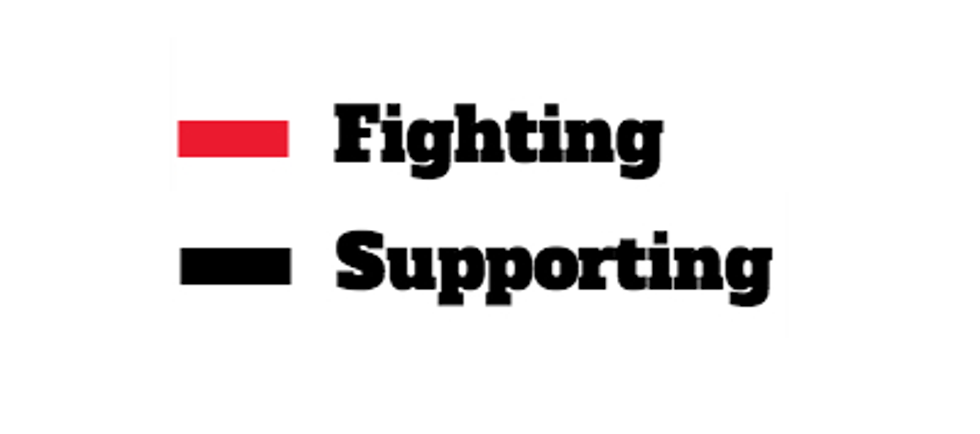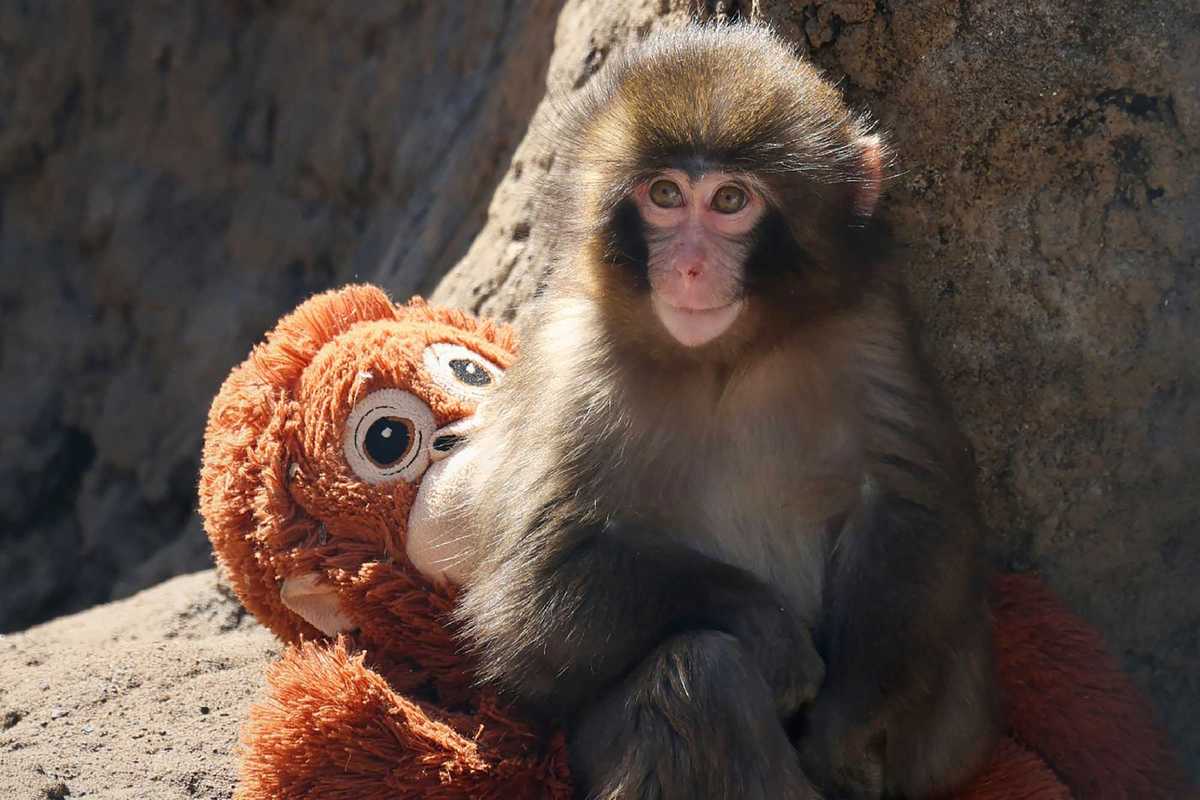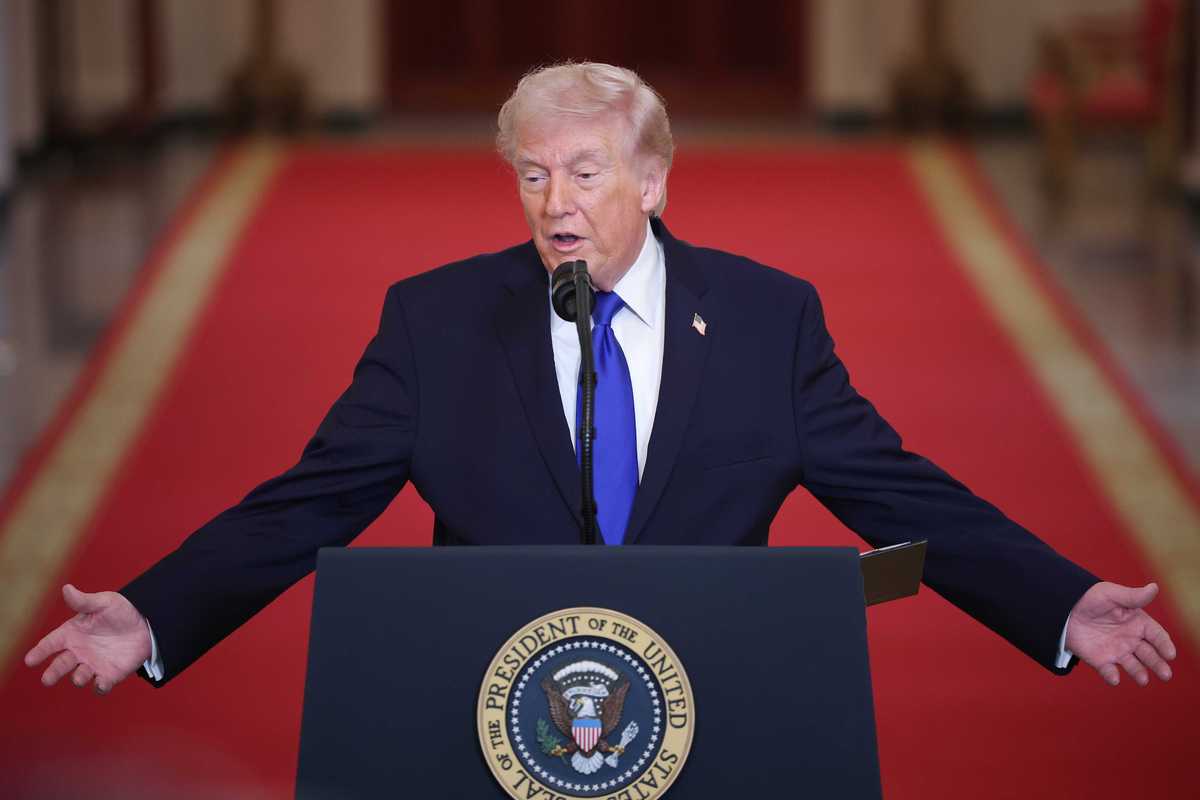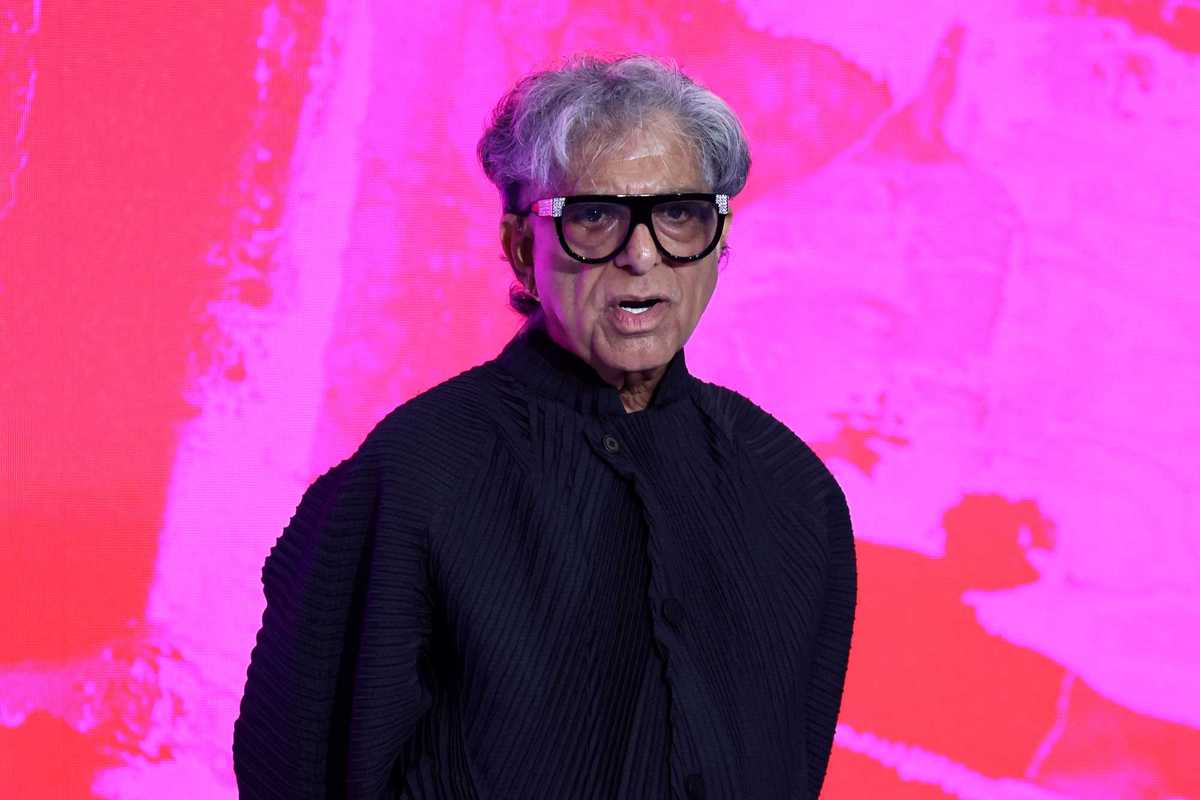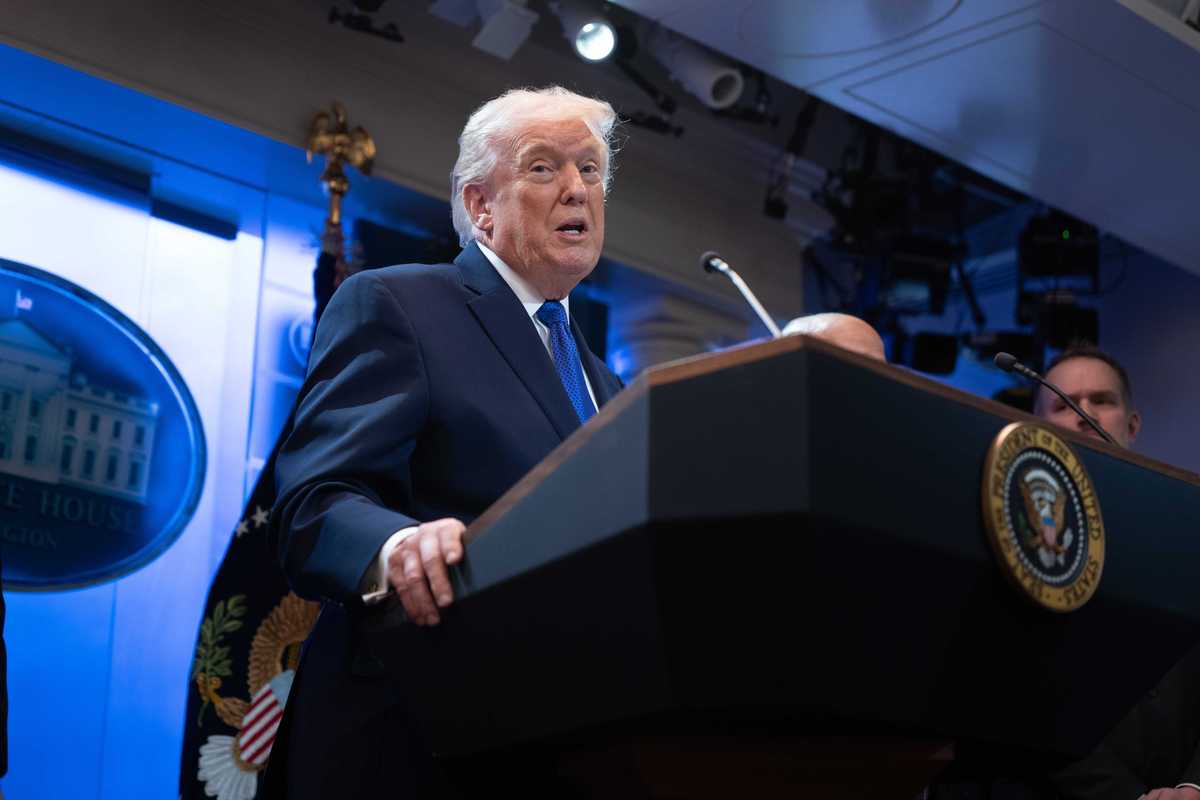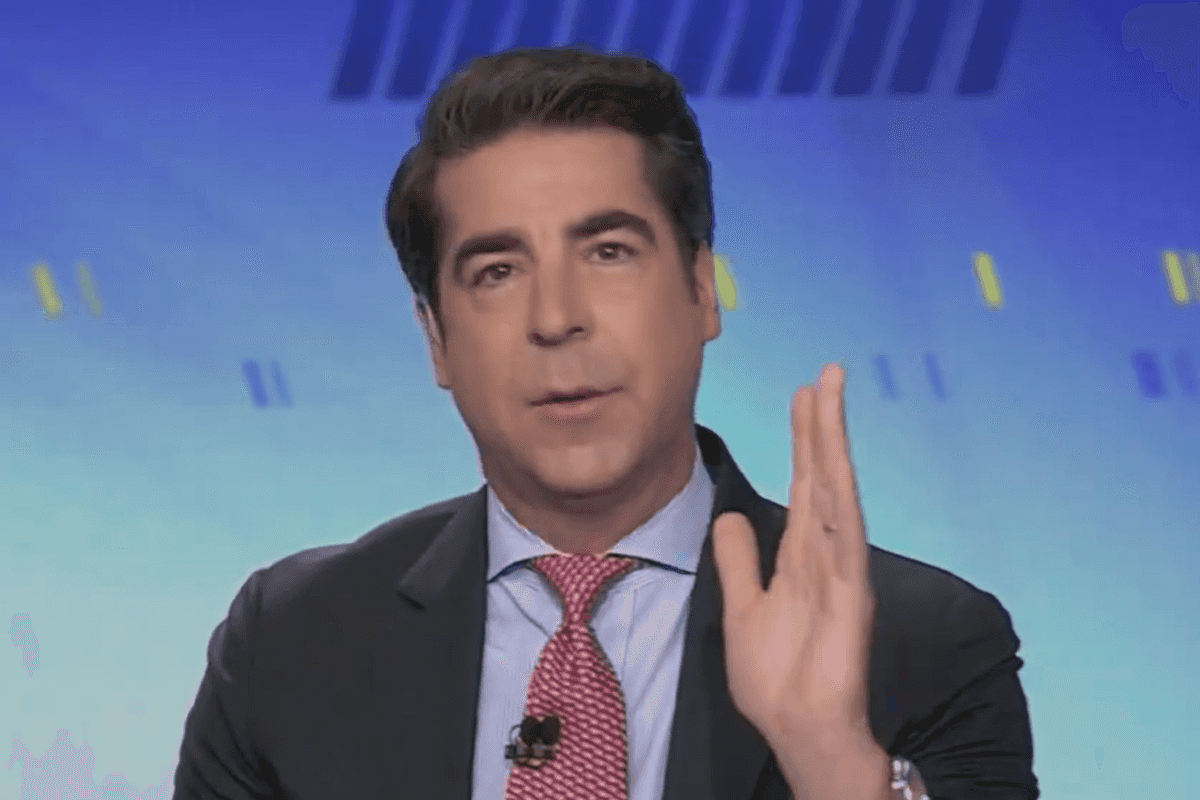News
Jack Dearlove
Oct 23, 2014
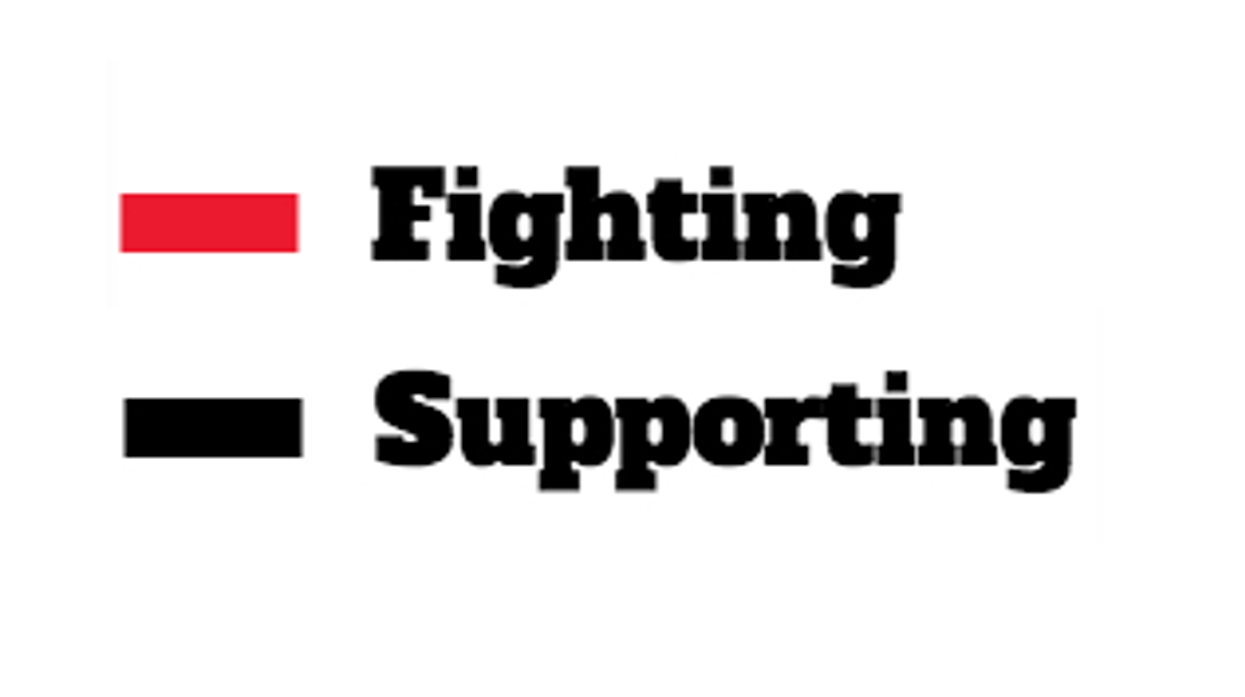
Ever since Turkey began shelling Kurdish fighters who were themselves fighting Isis, the situation in the Middle East has become even more complicated.
This graphic gives a flavour of the inherent complexities in Iraq and Syria and the current conflict. Click on a group to see its relationship with other actors in the war. Disable the lines by clicking on the group again, or leave them all on to see the myriad web of alliances and states of war that exist.
Annotations for the relationships are provided below.
Turkey has trained Free Syrian Army troops on its territory and allowed Peshmerga fighters to join what is effectively their Syrian equivalent, the YPG, in the defence of Kobani. But Turkey and the PKK have also shelled each other within Turkey itself, despite the PKK fighting Isis in Iraq.
Syria has been fighting Isis since the rebellion against the regime went from being largely secular to Islamist-led. In June 2012 it also shot down a Turkish reconnaissance jet in 2012, killing its two pilots.
Isis came to the world's attention when it took Mosul, Iraq's second largest city, in June this year. Since then the Iraqi army has almost completely melted away, with the defence of the country being led by Shia militias and Kurdish armed forces.
The US has been bombing Isis in Syria and Iraq since the summer, joined by Middle Eastern and other Western allies. The British RAF has aided the attack, although is only bombing within Iraqi territory. The Obama administration has long supported the Free Syrian Army and the Iraqi armed forces, most recently dropping weapons for Kurdish fighters in both countries.
Despite theoretically having the world's military arrayed against it, Isis has carved out what it would call a caliphate and western governments a terror state across Iraq and Syria.
The largely secular Free Syrian Army initially led the uprising against the regime of Bashar al-Assad but has been fought back by regime soldiers and beset by rising jihadist forces and internal divisions.
Iran is the principal regional backer of Damascus, while Shia group Hizbullah has confirmed it has been battling Isis across the border in Syria.
The disparate armed Kurdish groups across the region have proven themselves to be the most effective ground troops against Isis - at one point offering the only resistance against the Sunni group in Iraq.
Russia has consistently backed the Syrian regime since the war broke out in 2012, effectively blocking any unified international response to the crisis.
More: [Letter to Daily Mail gives excellent explanation of war with Isis]3
More: [Journalist reporting on Isis dies in Turkey in "suspicious circumstances"]4
Top 100
The Conversation (0)
